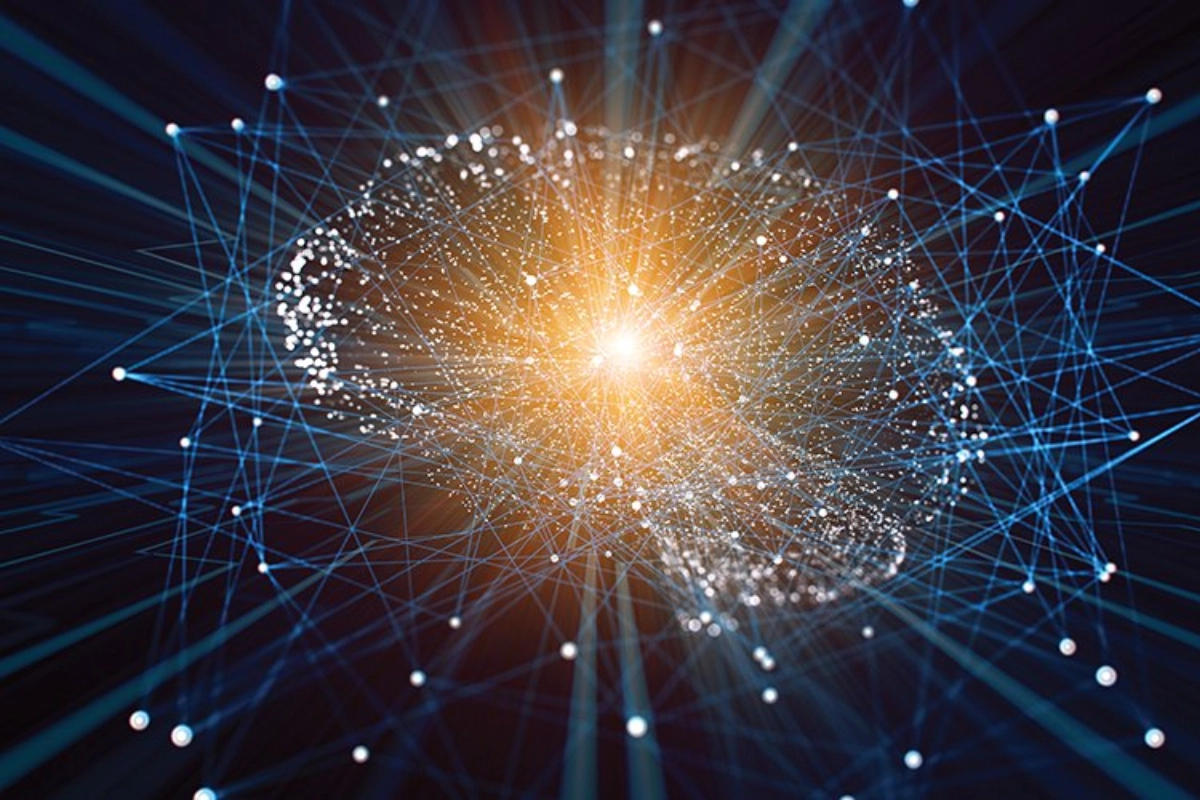Shinzo Abe’s Funeral: Long-standing spiritual affinities as well as close cultural and civilizational ties have been the foundation of India and Japan’s friendship. On April 28, 1952, India and Japan established diplomatic ties. One of India’s most important allies in its economic development is Japan. In recent years, the connection between India and Japan has evolved into one of enormous depth and significance. A number of factors, including India’s sizable and expanding market and its resources, particularly its human resources, are contributing to Japan’s growing interest in India.
The groundwork for a closer Japan-India connection was not laid until Abe Shinzo and Manmohan Singh met in Tokyo in 2006.
Japan and India maintained a cordial but distant relationship during the Cold War because Japan was an ally of the United States while India was non-aligned. Their alliance was destroyed by India’s nuclear weapons testing in 1998. Japan made public criticisms and sanctions against India. A few years later, Indian Prime Minister Mori Yoshiro visited Japan and offered a “global collaboration” as a gesture of goodwill. However, the groundwork for a closer Japan-India connection was not laid until Abe Shinzo and Manmohan Singh met in Tokyo in 2006. They declared the creation of a “India Japan Strategic and Global Partnership,” which would serve as the foundation of their bilateral ties.
The cooperation between Abe and Modi
The cooperation between Abe and Modi was raised to a “special and strategic partnership” in 2014, effectively extending it to cover the diplomatic, military, and commercial spheres. For instance, India started a 2+2 dialogue between its foreign and defence ministries with Japan, which it has since expanded to include three more partners: the United States, Australia, and Russia. Combined military exercises, naval drills, and counterterrorism operations were also carried out by the two nations. By 2020, Japan would rank as India’s 12th-largest commercial partner and fourth-largest investor thanks to a Comprehensive Economic Partnership Agreement signed in 2011. This agreement increased their bilateral commerce. Importantly, Japan and India concluded a civil nuclear agreement in 2016, which ended Japan’s opposition to India having nuclear electricity.
Also Read: Supreme Court: Live Streaming of Three Separate Constitution Bench Cases Today
Indian Prime Minister Narendra Modi declared that July 9 will be a day of national mourning in India for the dead leader not long after the horrific news of the killing of Japanese former Prime Minister Abe Shinzo. The expression of respect was a fitting response to the passing of Abe, a significant influence on Japan-India ties. India, a traditionally reluctant and cautious actor in international politics, was persuaded to join Abe’s vision of the Indo-Pacific, an ideological framework that is now a crucial bulwark against China’s growth. Abe also improved India’s bilateral relations with Japan. Abe also succeeded in developing ties with Manmohan Singh, Modi’s predecessor, and both of them.
Keep watching our YouTube Channel ‘DNP INDIA’. Also, please subscribe and follow us on FACEBOOK, INSTAGRAM, and TWITTER












